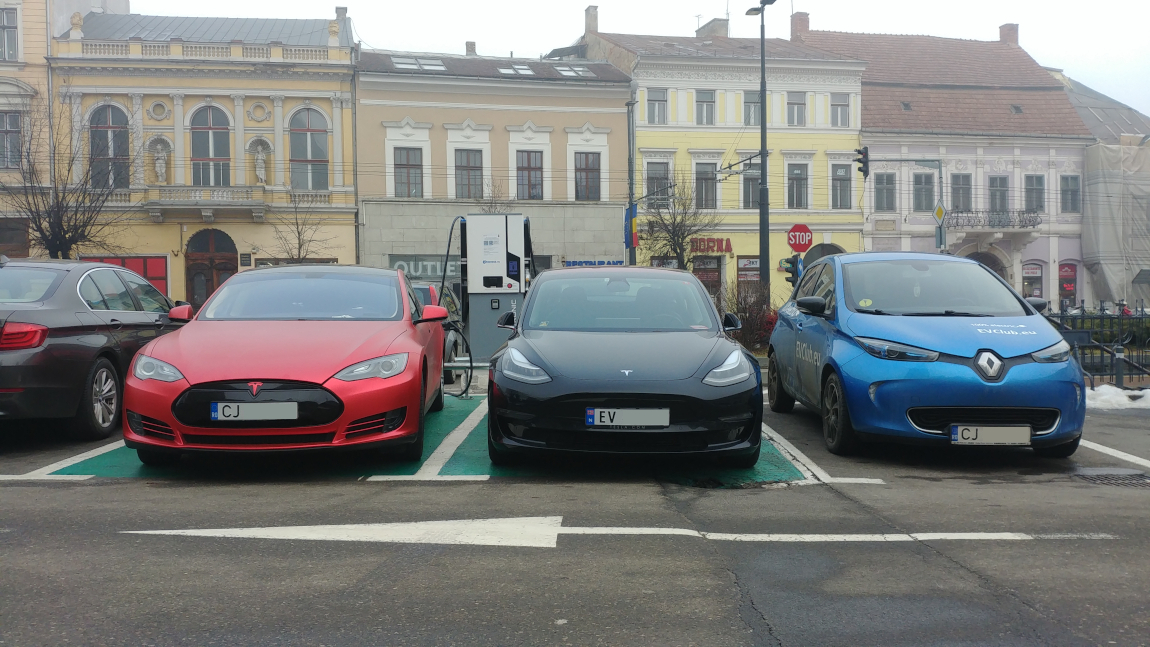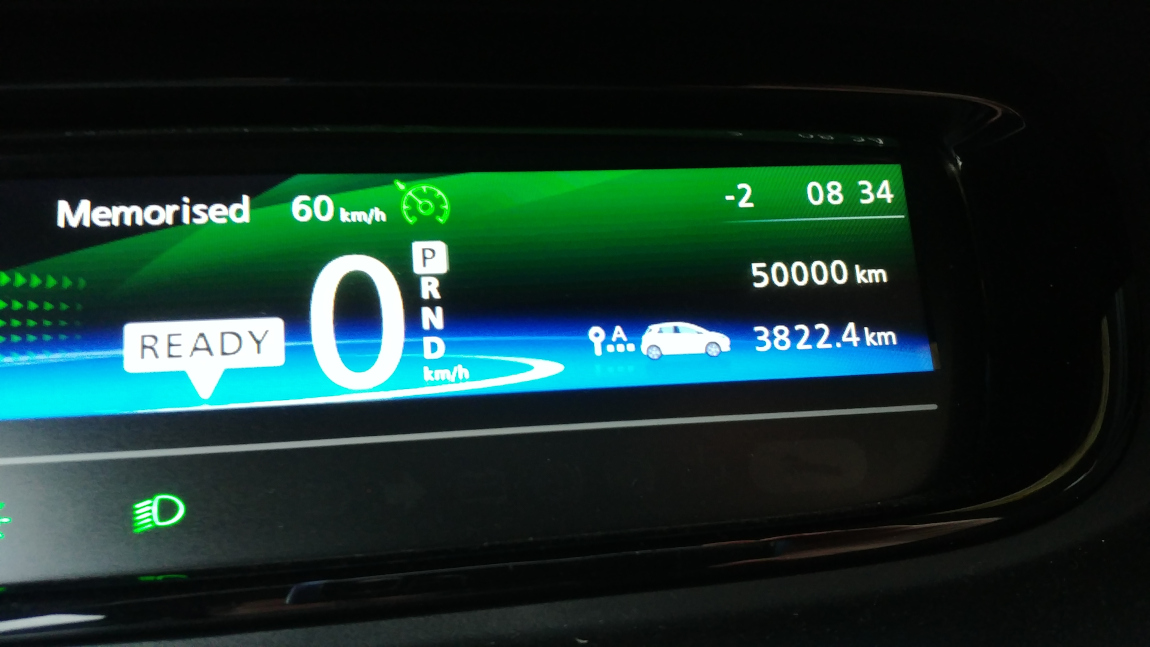[EN] 50.000 km with an electric car and no battery replace
In June 2018 I bought my Zoe and two and a half years later I have reached an important milestone: first 50.000 km pure electric. And what a better way to reach this milestone than
on the road to a coffee with Tesla owners.



